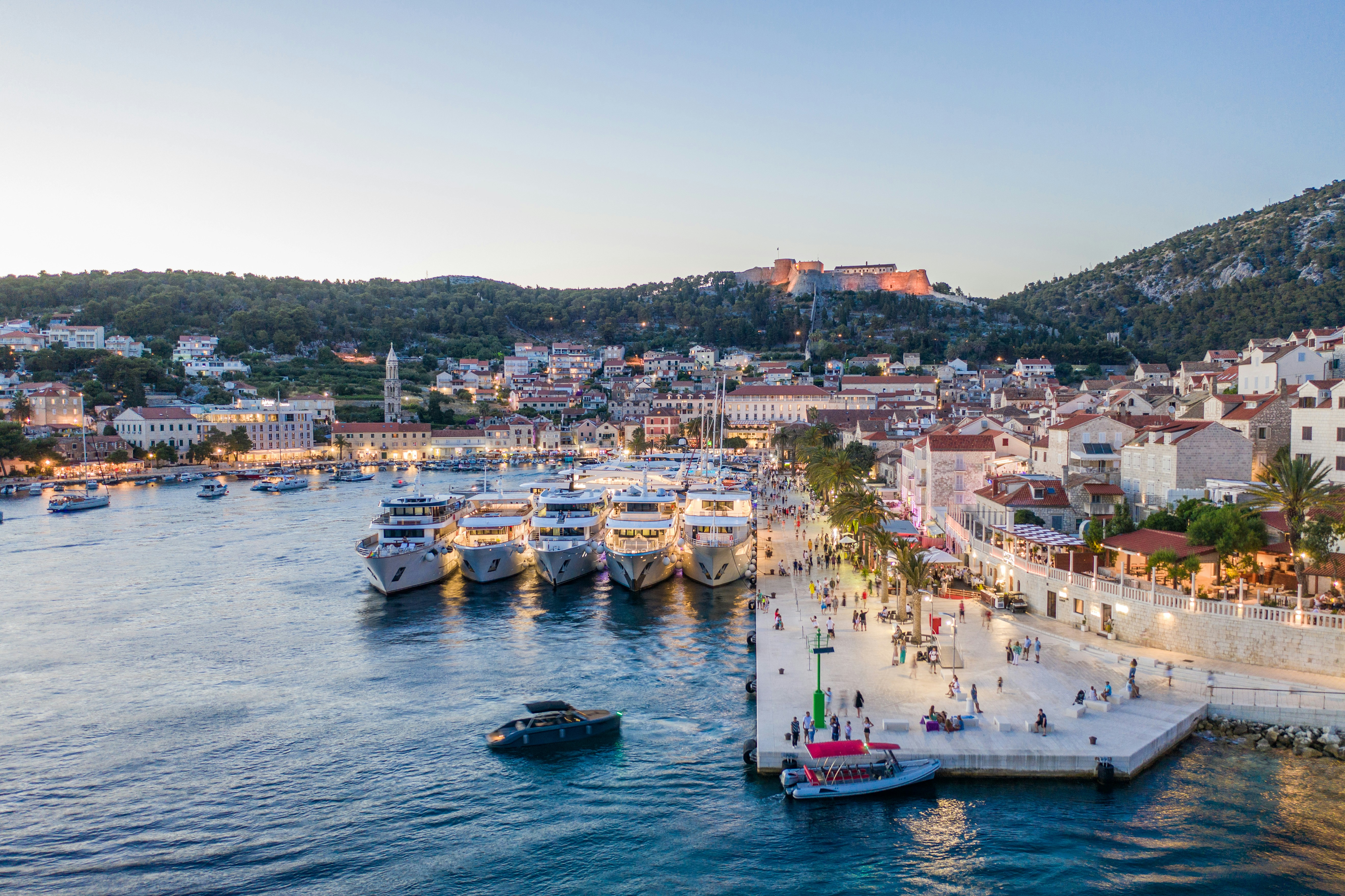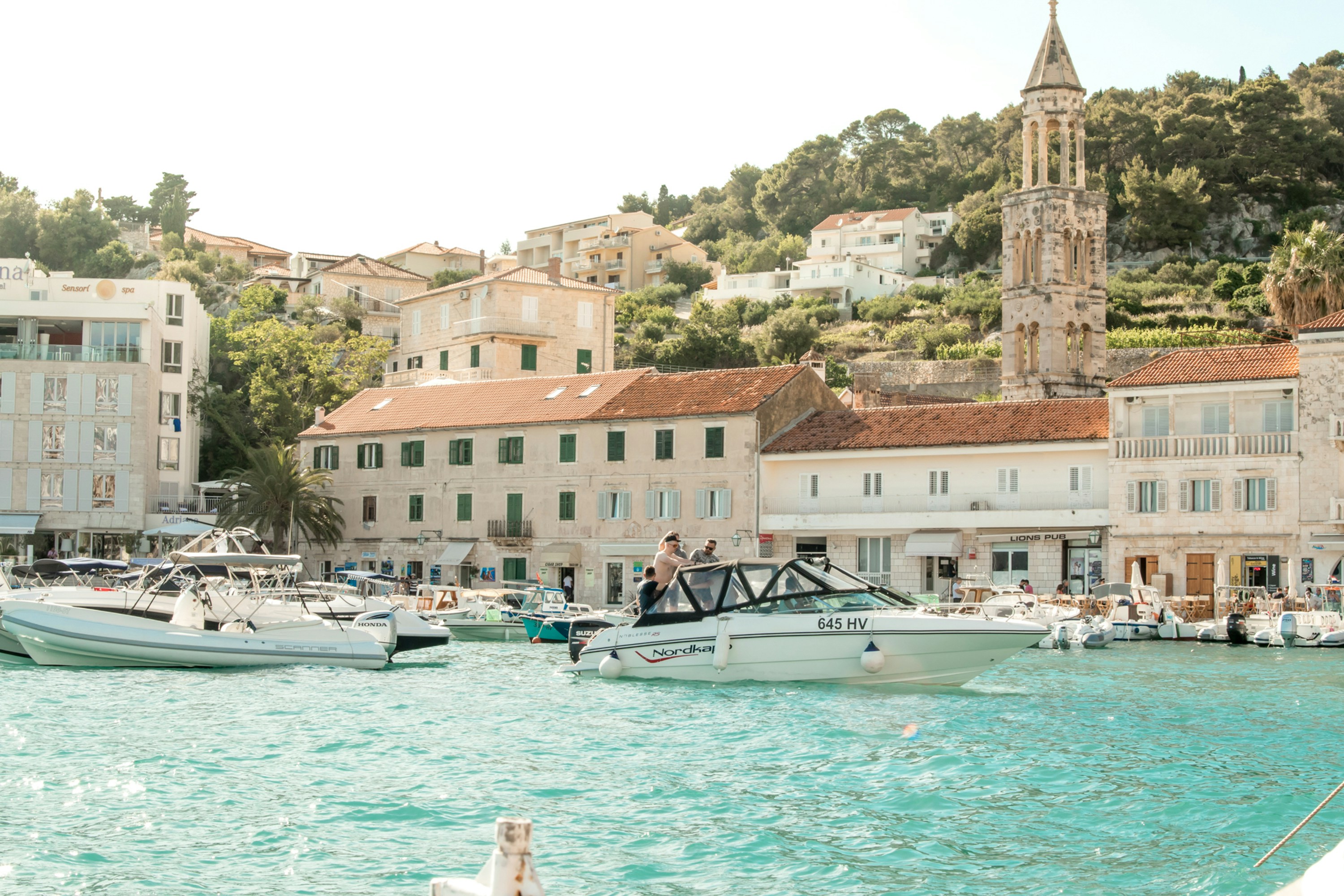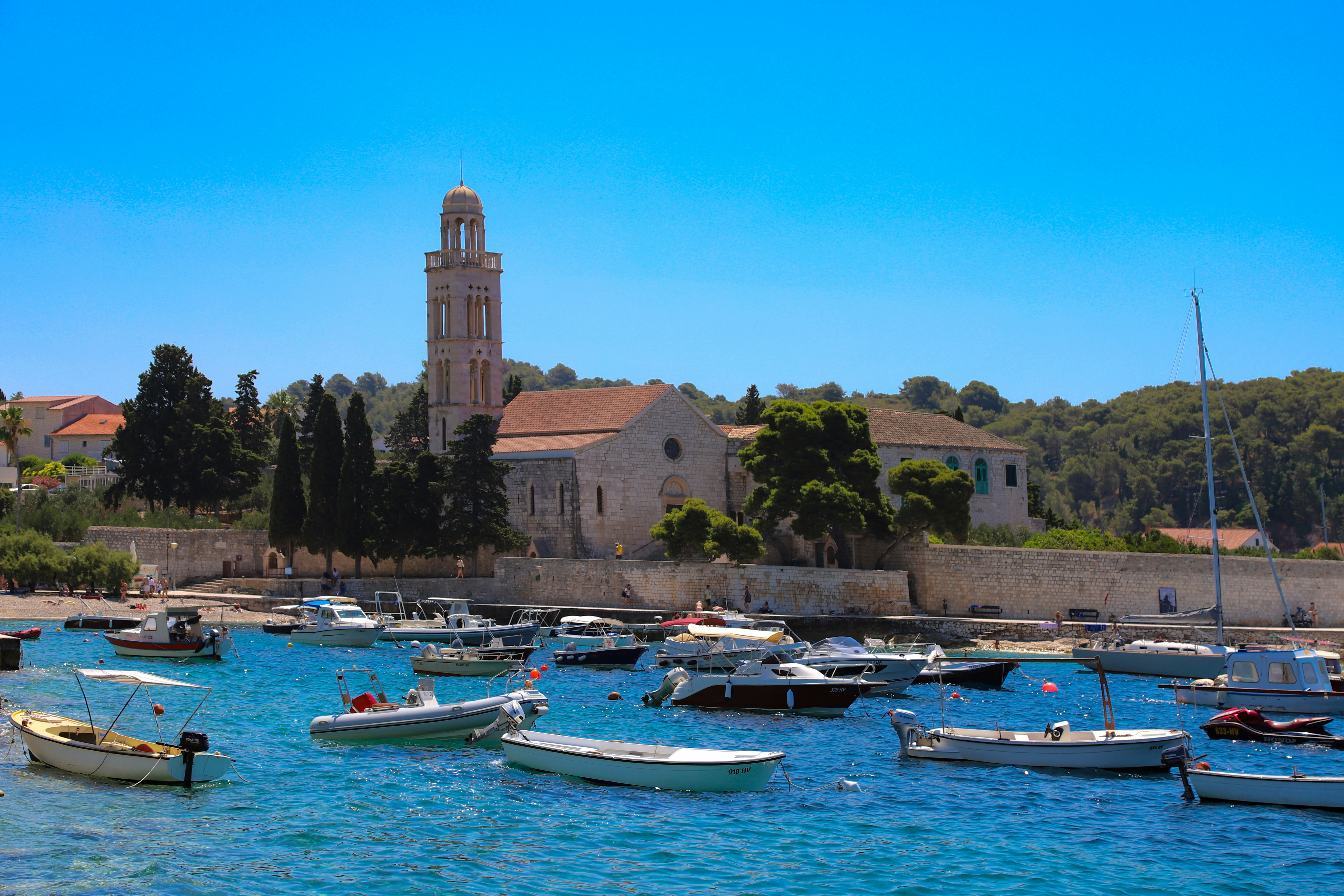
Hvar is an island of wine, a tradition deeply rooted in its history. With ample sunshine, fertile soil, and unique microclimates, coupled with the dedication of generations of winemakers, Hvar's reputation as a wine destination is well-deserved. Few islands in the Adriatic offer what Hvar does to the vine. Yet, viticulture is demanding, a fact understood best by those who tend the vines daily, listening to their needs and understanding their language. Good viticulture forms the foundation of excellent winemaking; without quality grapes, there can be no quality wine.
This understanding was clear to the ancient Greeks who settled on Hvar, parceling out fertile land in the hinterland of ancient Pharos, known today as Stari Grad. This organized cultivation laid the groundwork for a winemaking culture that has thrived on the island for centuries.
Despite the challenges of island life surrounded by sea, grape cultivation here perseveres. Perhaps it's this realization that shaped Hvar's wine story with the motto "Less is More," prioritizing quality over quantity and adding a distinctive flavor of authenticity.
It's all about the story. Having a unique narrative and knowing how to share it becomes imperative for survival and progress in the market, catering to consumers who seek to connect with the local heritage.
Visiting Hvar entails discovering its wines, for, as stated earlier, Hvar is indeed the island of wine. One must explore every corner, uncovering the stories of the winemakers hidden within. From the eastern shores of Sućuraj to the Pakleni Islands and Hvar town, to the northern coasts of Vrboska and Jelsa, down to the southern reaches of Zavala and Sveta Nedjelja, and not forgetting the central hub of Stari Grad Plain, wine cellars or traditional konobas hold various wine varieties, both white and red.
It's difficult to say which are better or the best. Recommending some is challenging. It's best to visit them all, to taste and compare. Each time you sample wines from different producers made from the same grape variety, such as Plavac Mali, you'll delight in different flavors and notes from this marvelous king of Dalmatian red wines.
Although some vineyards lie adjacent to each other, and bottles rest side by side, each wine tells a unique story. That's the richness and wealth of this bountiful yet frugal island.
While Plavac Mali, a black grape variety, dominates, there's a growing effort to revitalize old, forgotten indigenous varieties or even introduce internationally recognized ones, adding a global touch to some blends. This further enriches the offering, not only in terms of wine types but also quality.
There's a perception that wines made from black grape varieties in these southern parts of Croatia, including Hvar, are superior to those made from white varieties. However, with technology and newfound knowledge, this paradigm is slowly shifting.
Varieties like Bogdanuša, Parč, Maraština, and Pošip, among others, carry an ancient code that's worth experiencing, recognizing their exceptional quality and how they rival black wines.
This shift is particularly evident in newly planted white varieties like Chardonnay or Pinot. Once, there was an unwritten rule to drink red wine in winter and white wine in summer since white is lighter. The desire to enjoy wine in summer with a hint of red led to the creation of rosé wines, known locally as opol, now becoming increasingly popular.
Prošek deserves a mention, a special dessert wine and a trademark of Dalmatia. This nectar, derived from dried grapes, accompanies desserts, and is a treat in itself. Nearly every family has a bottle or demijohn of prošek, a tradition to make it in the year a female child is born, to be enjoyed at her wedding.
Globalization has its positive aspects, bringing the tradition of making sparkling wines to our island. This further enriches Hvar's already abundant wine offering, allowing everyone to find something to their taste.
Wine provides a beautiful backdrop for enjoyment, connecting people, relaxing them, and invigorating them. Hence, it's essential to explore the island through its wine trails, to peek into the well-known and lesser-known cellars, and especially those unknown winemakers ready to share their personal wine story with you.
The story of wine is, in a way, a story of the island and the people. This is our story.
Miki Bratanić
Send us a message










